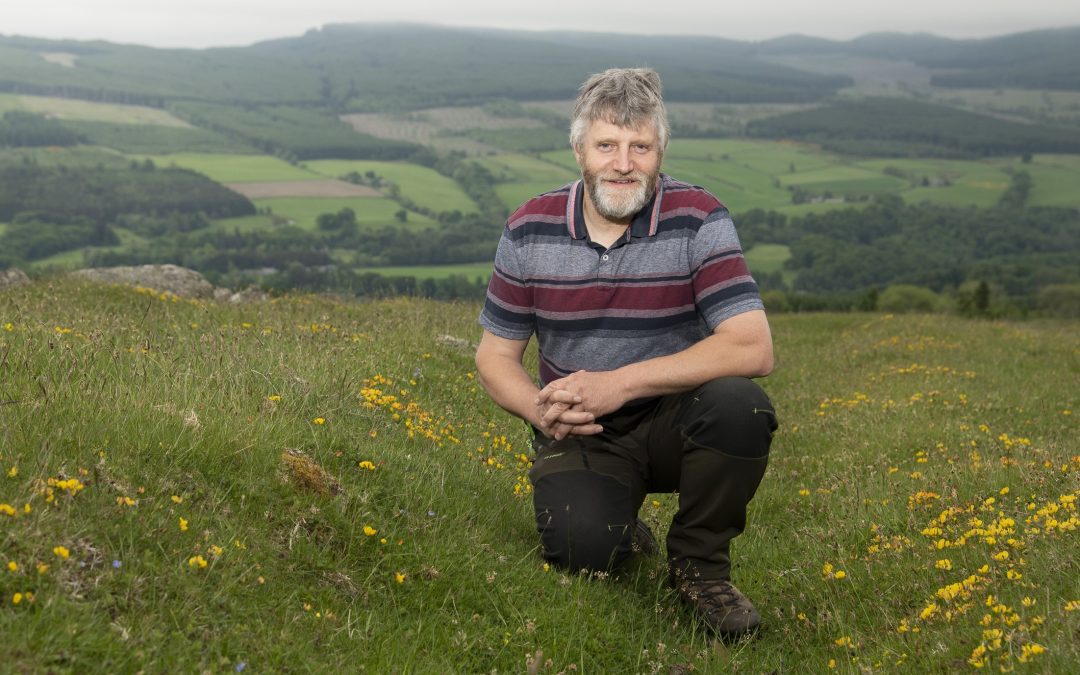As part of its newly published 2024 General Election Manifesto, National Farmers’ Union (NFU) Scotland has outlined what Scottish agriculture will need to “help meet its full potential”.
The manifesto, which was launched by NFU Scotland president Martin Kennedy at West Craigie Farm near Edinburgh, outlined five priority areas that UK parliamentary candidates are being asked to back.
The UK parliamentary candidates were asked to:
- Deliver increased, ring-fenced and multi-annual funding
- Improve producer margins to increase food security
- Provide better access to skilled workers
- Protect domestic food production in future trade deals
- Increase fiscal incentives.
NFU Scotland president Martin Kennedy said: “We need commitments from the next UK Government, and we need the full support of all prospective Scottish MPs who should all be championing the interests of Scottish agriculture.
“High quality agricultural production is vital to the wider food and drink industry – a sector that’s worth over £16 billion to the Scottish economy, employs over 130,000 people, and supports Scotland’s national reputation on the world stage.
“It’s as good as certain there will be a General Election this year to create the next UK Government. While most policy, legislation and regulation which directly and indirectly relates to our interests in the future prosperity of Scottish agriculture is devolved to Holyrood and the Scottish Government, our attention and influence must also be fixed on Westminster.”
Kennedy continued: “There are fundamental issues that are reserved to the UK Government, such as trade, migration and internal market issues. Top of the list is the fundamental need to deliver increased, ring-fenced and multi-annual funding.
“The next parliamentary term will be pivotal for Scotland’s farmers and crofters. This NFU Scotland General Election Manifesto 2024 sets out specific commitments that Scottish agriculture requires to meet its full potential. Securing the commitments from the next UK Government would take us a long way towards our goal of a sustainable and profitable future for Scottish agriculture.”









